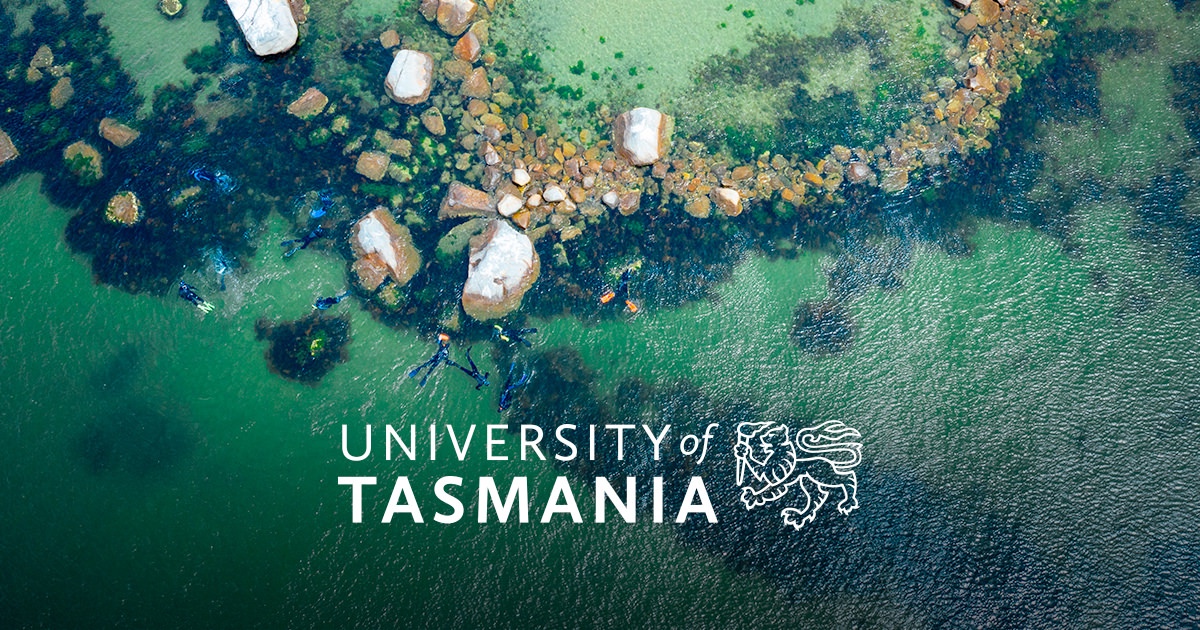Monash research Masters student, Sarah Belet, has been awarded first place amongst hundreds of Victorian applicants by the global science competition ‘FameLab’ for her highly engaging presentation on ‘maths, medicine and mosquito sex.’
The 25-year-old mathematician, whose research involves the development of mathematical models to combat the spread of dengue fever, impressed the panel of judges with her quirky yet compelling delivery on an issue that is devastating communities worldwide.
FameLab – which was started in the UK by the Cheltenham Science Festival – brings together scientists and engineers from 30 countries, providing a unique opportunity for researchers to talk about their work to a public audience via short, punchy video submissions.
Originating in 2005 during the peak of the TV talent show era, the founders of FameLab believed it was time for the science world to have their own ‘talent show’ platform, enabling researchers to talk about their work in an original way, with the three key measures of success being Content, Clarity and Charisma.
Ms Belet – who in her video refers to the dengue fever mosquito as a “tiny serial killer” – said that her goal was to take a very serious global issue and talk about it in a way that would stand out and provoke ongoing conversation.
“Dengue fever is a devastating global health issue and with the earth continuing to warm, 2019 was the worst year for dengue on record. Research to track the behaviour of mosquitos and stop the spread is more important than ever, so what better way to grab people’s attention than to talk how mosquito sex fits into the equation?” said Ms Belet.
As Ms Belet states in her video “it’s not often we hear the words maths and sex in the same sentence” but in this context it’s playing a crucial role as she uses data and modelling to track mosquitos from egg to adulthood, including who they’re breeding with and where their ‘kids’ end up.
“My modelling (or “mathematical modelling”) work focuses on mosquitoes who are bred to carry a bacterium called Wolbachia, which has been proven to block dengue virus transmission, and I wanted to communicate this in a memorable way which left people not only understanding the issue better, but also feeling compelled to talk about it with their friends,” says Ms Belet.
Australia’s FameLab Project Director, Melissa Callanan, said that the judging panel for Victoria were impressed by Ms Belet’s left-of-field yet effective presentation, resulting in a consistently high score across the three key judging criteria of Content, Clarity and Charisma.
“The way in which Sarah has used maths and modelling and applied it to an extreme global health issue really stood out, and to then be able to take this work and communicate it in such an engaging way was very impressive – she really ticked all the boxes of what we’re looking for in this competition,” said Ms Callanan.
“It’s also quite unusual to receive submissions from mathematicians and it’s often challenging to translate mathematical work in this way – but Sarah has done an amazing job of bringing her research to life and we can see she has a very bright future.”
The next step for Australia’s FameLab 2020 is the national finals on Wednesday 29th April with voting open to the public on Thursday 29th April from 2pm on the Foundation for the WA Museum website here.
In the final stage of the competition, Ms Belet will compete against each state finalist to win a trip to the Cheltenham Science Festival in October, along with a cash prize and ongoing mentoring and training opportunities.
Ms Belet is currently in the final six months of her MPhil in Applied Mathematics and Statistics at Monash University and is also part of the ARC Centre of Excellence in Mathematical and Statistical Frontiers.
– Ends –







